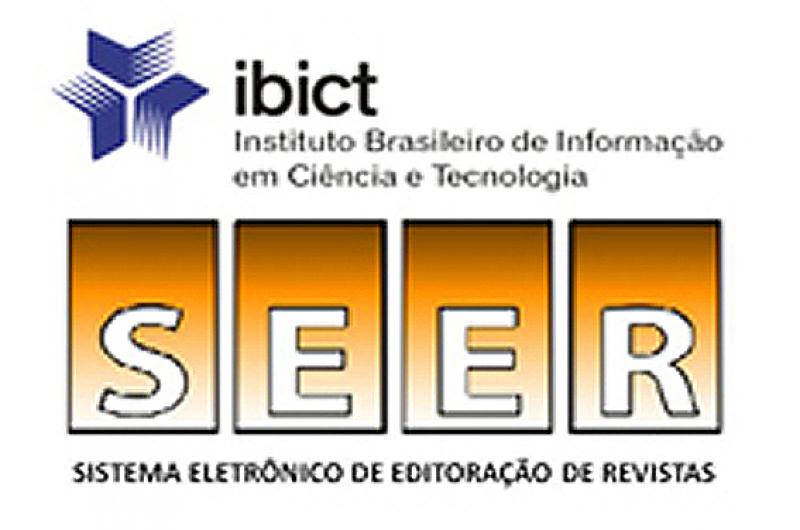História oral e educação escolar indígena: uma crítica a escola formal
DOI:
https://doi.org/10.31416/rsdv.v8i2.56Palavras-chave:
epistemologia, filosofia, oralidade na escola, pedagogia críticaResumo
A educação escolar indígena é palco de inúmeros questionamentos e discussões. O presente texto tem como objetivo fazer uma crítica ao modelo padronizado e universal do conhecimento e apresentar a discussão acerca da possibilidade de mudança do modelo educacional inserindo-se a história oral como ferramenta transformação. A pesquisa bibliográfica foi realizada através de textos atuais da realidade brasileira e canadense referente ao tema bem como com visitas as escolas nos dois países. Acredita-se que uma crítica ao modelo atual de escolarização bem como a formação de uma nova perspectiva educacional pode estar relacionada ao uso da história oral e da oralidade como fonte de transformação.
Referências
ADAMS, H. Prison of Grass: Canada from a Native point of view. Saskatoon: Fifth House Publishers, 1989.
ALFRED, T. Peace, Power, Righteousness: An Indigenous Manifesto. Don Mills: Oxford University Press, 2009.
BATTISTE, M. Decolonizing Education: Nourishing the Learning Spirit. [S.l.]: [s.n.], 2013.
MOON, M. Story as a Means of Engaging Public Educators and Indigenous Students. In Education, Outubro 2017. 25-42.
FANON, F. The Wretched of the Earth. New York: Grove Press, 1968.
FREIRE, P. Pedagogy of Indignation. Boulder: Paradigm Publishers, 2013.
_____. Pedagogy of the Oppressed. New York: The Continuum International Publishing Group Inc., 2010.
_____. Pedagogia do oprimido. São Paulo: Paz e Terra, 1987.
GOULET, L. &. G. K. Teaching each other: nehinuw concepts and indigenous pedagogies. Vancouver: UBC Press, 2014.
FRIESEN, J. W.; FRIESEN, V. L. Aboriginal Education in Canada: A Plea for Integration. Calgary: Detselig Enterprises Ltd., 2002.
HIGBY, E.; OBLER, L. Losing a first language to a second language. In: SCHWIETER, J. The Cambridge Handbook of Bilingual Processing. [S.l.]: Cambridge University Press, 2015. p. 645-664.
MEMMI, A. The Colonizer and the Colonized. Boston: Beacon Press, 1965.
MENDONÇA, C. F. L. “Retomada da educação escolar”: Um estudo sobre educação, território e poder na experiência Pankará. Interritórios | Revista de Educação Universidade Federal de Pernambuco, Caruaru, 2019. 39-71.
NEPE. Atikum. NEPE -Núcleo de Estudos e Pesquisas sobre Etnicidade, 2020. Disponivel em: <https://www.ufpe.br/nepe/povos-indigenas/atikum>. Acesso em: 16 maio 2020.
REGAN, P. Unsettling the Settler Within: Indian residential schools, truth telling, and reconciliation in Canada. Vancouver: UBC Press, 2010.
SIUM, A.; RITSKES, E. Speaking truth to power: Indigenous storytelling as an act of living resistance. Decolonization: Indigeneity, Education & Society, Toronto, 2013. I-X.
WANE, N. [Re]Claiming my Indigenous knowledge: Challenges, resistance, and opportunities. Decolonization: Indigeneity, Education & Society, Toronto, 2013. 93-107.
WHITEDUCK, M. “But it’s our story. Read it.”: Stories my grandfather told me and writing for continuance. Decolonization: Indigeneity, Education & Society, 2013.72-92.















